Here is a short list of great books I have read over the last year. No matter how busy we get it is important to keep learning and growing, and that why I have posted about previous books in the past. I tend to select books related to current and emerging work projects, but also spend several hours/week digging into topics completely unrelated to my professional work.
Why read books?
Reading improves your focus, memory, empathy, and communication skills. Importantly, it is a “hack” that can reduce stress, improve your mental health, and help you live longer too. Reading also allows you to learn new things to help you succeed in your work and relationships. As the 17th century English writer Joseph Addison once wrote, “Reading is to the mind what exercise is to the body.”
So, what does reading do to your brain?
Research has confirmed that reading stimulates a complex network of circuits and signals in the brain. Plus, as you improve your reading ability, these networks become stronger and more sophisticated. In another study, researchers measured how reading a novel affects our brains. The study’s participants read the novel “Pompeii” by Robert Harris, and as tension in the story developed, more areas of the brain were activated.
Want to know the best part?
Scans show that brain connectivity increased while reading and for days afterward, demonstrating the enormous benefits of reading books every day. Bottom line, our brains have a “use it or lose it” policy, just like training our muscles. In other words, if we don’t exercise our minds regularly, our cognitive abilities may decline. However, when we read every day, we can keep them strong and healthy and tune up these neural networks. One of the key benefits of reading is that it helps you practice concentrating on just one thing at a time (so important in today’s world). All of this new information creates new memories when you have laser focus on a single subject. And every new memory creates synapses or strengthens old ones. The upshot? Reading every day can improve your memory – it can help you learn how to store new information and recall memories more effectively.
Expanding Human Knowledge:
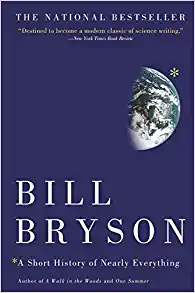
Short History of Nearly Everything is an information-dense book that manages to be humorous and super entertaining. Audiobook is perfect for a long road trip if you have Audible. The audiobook was so good I had to buy the hardcover too. It is one of those books that you will benefit from reading a more than once. (see Tweet)
Fitness Book:
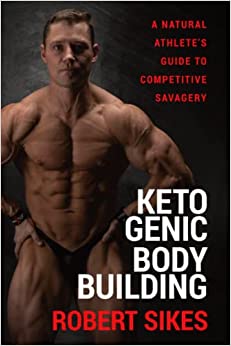
Ketogenic Bodybuilding is truly the only comprehensive guide you will ever need to optimize the keto diet to transform your body, especially for those competing in the sport of bodybuilding. Robert’s passion for natural bodybuilding and the keto diet really comes through in this book and his personal story resonated with me on many levels. He used bodybuilding and ketogenic nutrition to not only transform his body, but to overcome personal struggles, disordered eating, and to instill a growth mindset to excel in business. The ketogenic diet has sharpened his mind to educate others on these topics. This book is a beacon of light to those that are confused about how to implement a keto diet for bodybuilding and gives readers a step-by-step plan. If you are a competitive bodybuilder, fitness model, fitness coach or just someone seeking to optimize body composition and overall metabolic health, this book is for you! (see KetoBrick; Nutrition to support Ketogenic Bodybuilding)
Business and Academic Leadership:
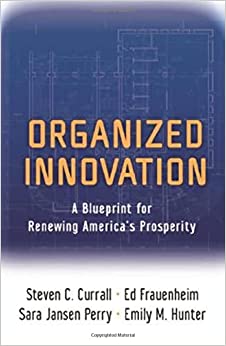
Organized Innovation provides a great framework for entrepreneurs. It is a roadmap for optimizing the impact of new technologies through synergistic relationships between universities, business, and government. This is the type of book your want in a hardcover since it will serve as a future reference that you can pull off the shelf for guidance on leadership and business topics. Another book on leadership recently recommended to me was Tribal Leadership, which lays out a very logical and actionable roadmap for all leaders or members of an organization (see Tweet)
Space:
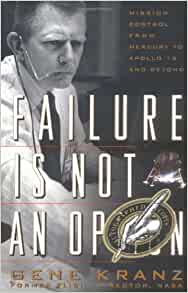
Failure is Not an Option is a detaild and intense book that walks you through the Mercury program through the Apollo missions from the perspective of Gene Kranz, former flight director of NASA’s Mission Control. Kranz has always been a huge inspiration. The level of detail he goes into describing mission control is remarkable (see Tweet). The movie Mission Control: Unsung Heros of Apollo was also fantastic (see Amazon Prime)
Fasting and Nutrition:
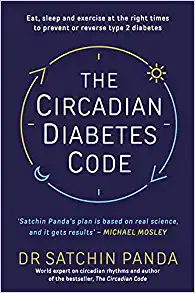
The Circadian Diabetes Code is Dr. Satchin Panda’s latest book. Dr. Panda will also be a speaker at Metabolic Health Summit and covering the topic of optimizing our circadian biology for health and performance. This book is very well written, concise, actionable and is one of a very few books that influenced how I structure my eating, outdoor activities, exercise, and sleep schedule.
Cancer:
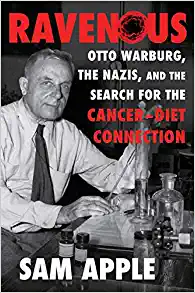
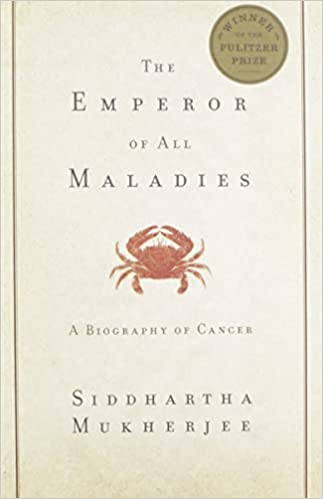
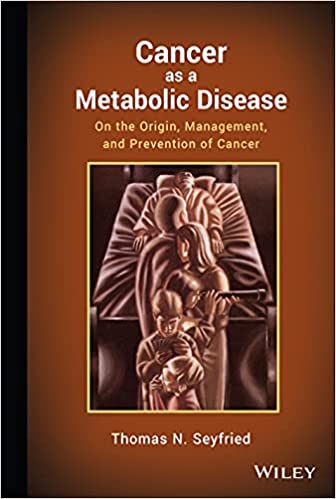
Ravenous: Otto Warburg, the Nazis,and the Search for the Cancer-Diet Connection is the most engaging and informative books on the topic of cancer that I have read. This book along with Emperor of All Maladies can and should be read a few times. Sam Apple did an incredible job researching for this book- from WWII history to dozens of interviews with the leading researchers studying cancer metabolism. If you want to take a very deep dive into the metabolic origin of cancer I would highly recommend Cancer as a Metabolic Disease (or the Review (for free) by the same name)
(see Tweet)
Biography:

Einstein: His Life and Universe is by far the best biography on Einstein. I am just finishing the audiobook version (21 hours and 30 minutes), but will get the hardcover (675 pages!) to have on my bookshelf. This book really gave me a deep understanding of who Einstein was through detailed records of his work contributions, personal struggles, relationships, politics and his questioning of conventional wisdom.
